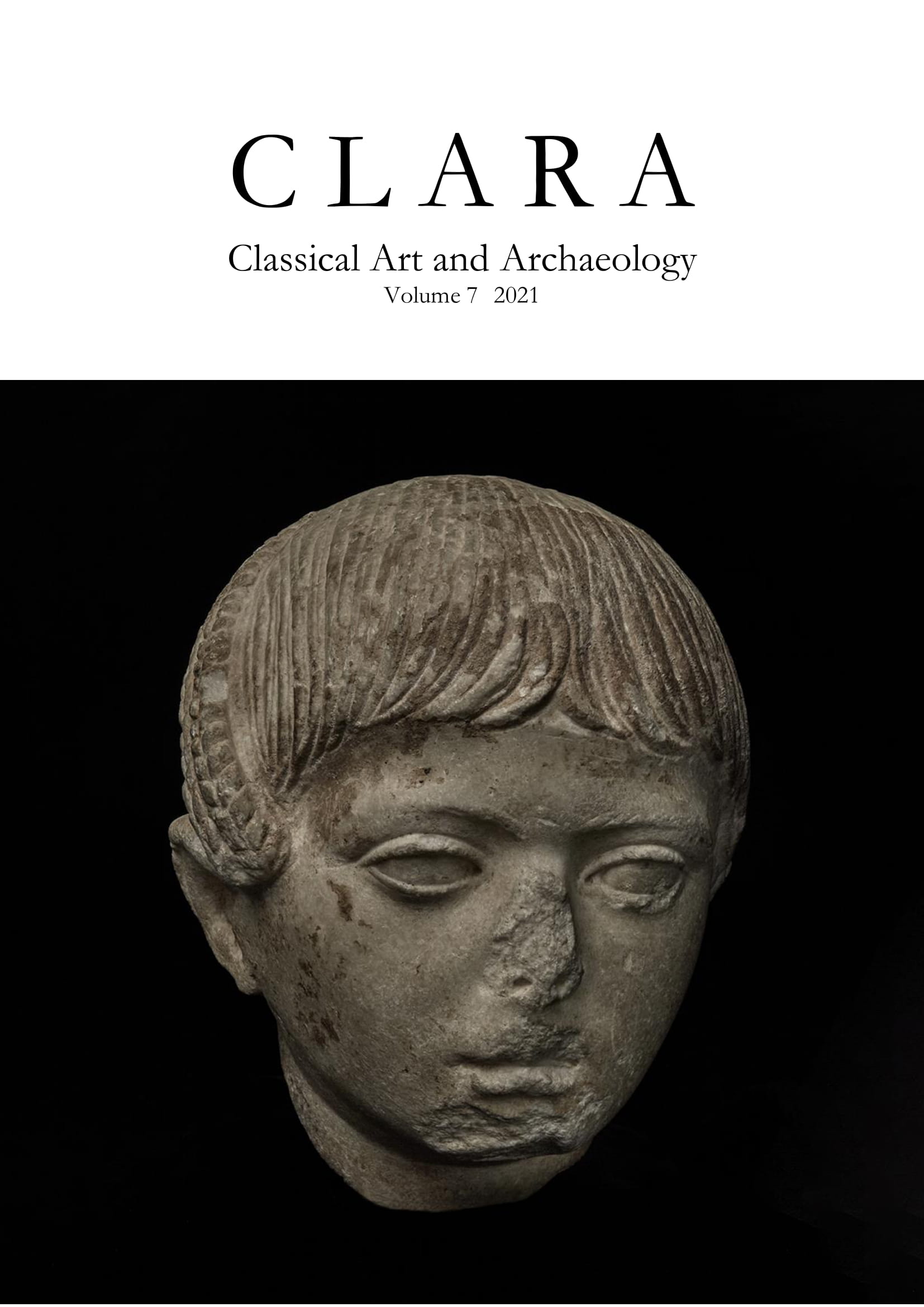Decolonising and Displaying Ancient Palestine: Baron Plato von Ustinow’s Collection of Antiquities
DOI:
https://doi.org/10.5617/clara.8798Abstract
This paper examines how Plato von Ustinow (1833-1920/21), a Russian aristocrat and German baron, became one of the nineteenth century’s most prolific collectors of antiquities from Israel, Palestine and the surrounding areas. It investigates how Ustinow collected archaeological artefacts and displayed them in an ʽexhibition hallʼ located at his home Hôtel du Parc, in Jaffa (Tel Aviv), from 1878 to 1913. Until recently, Ustinow’s private museum has been interpreted in the light of cultural revitalisation, as well as a sentimental attempt to inspire research and provide educational resources. However, post-colonial studies demonstrate that during the nineteenth- and early twentieth centuries, scholars from Europe and the USA sought ʽproofʼ of past civilisations. Today, collections that were constructed from this kind of cultural material are considered problematic. Many heritage sites and items of global importance were destroyed, disturbed, pillaged, traded and included in public and private collections without contextual information. The present text takes a deep dive into the history and formation of the Ustinow collection, now in the Museum of Cultural Heritage in Oslo, seeking to recover (to the extent possible) the wealth of empirical evidence which can further elucidate archaeological material from the Near East.



